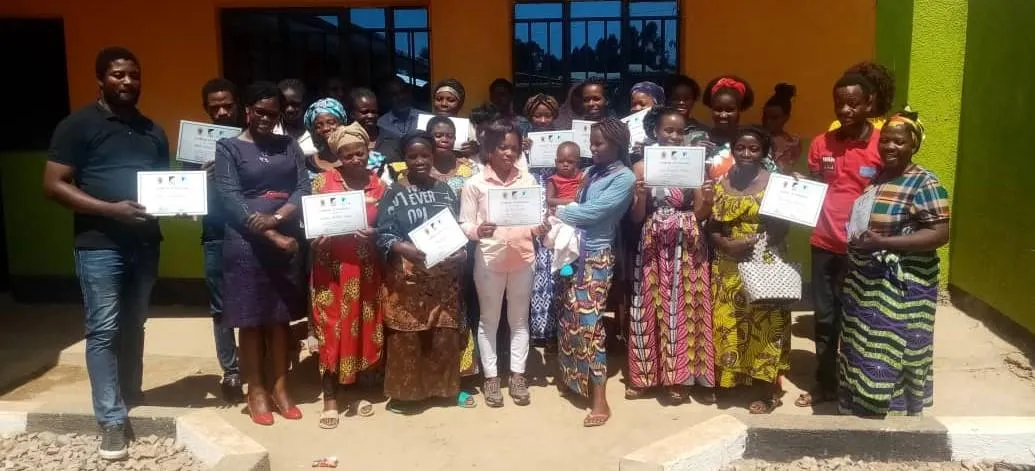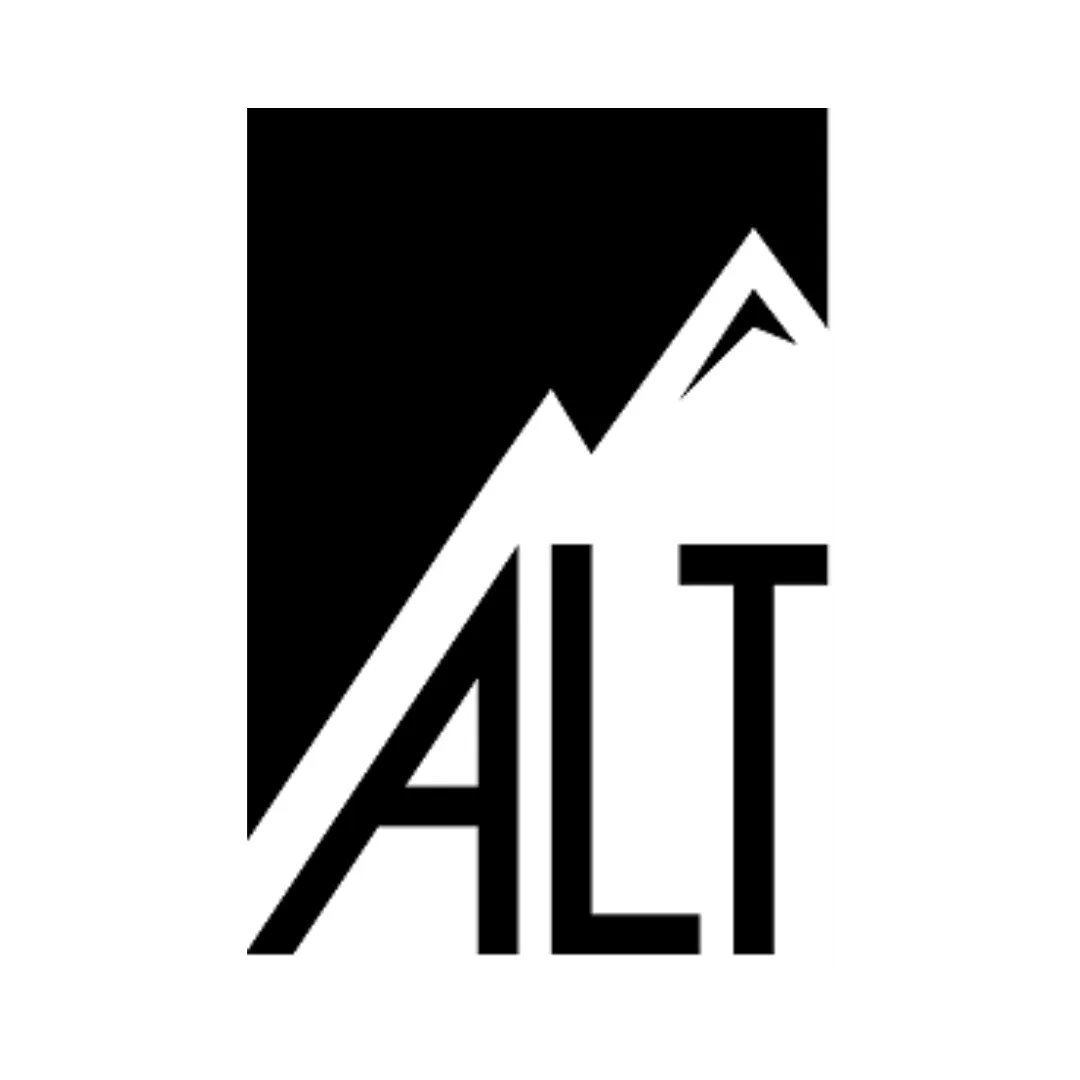October 27, 2022 | Updates | Tasmia
African Women Refugees Sharpen Leadership Capacity as They Rebuild Their Lives

Graduates of the course from the Nakivale refugee camp.
Over 120 women are registered for the fourth edition of Africa Women’s Leadership and Mental Wellbeing Course (AWLC#4) which kicked off in October. Refugee women form 50% of those attending the course. Majority of the refugee women are from Nakivale, one of four camps in Uganda, while the rest are from Kakuma, one of the largest refugee camps in Kenya.
Generally, women and girls face discrimination and violence every day, simply because of their gender. An ordinary task like collecting water or going to the toilet can put them at risk of rape or abuse.
According to the United Nations High Commission for Refugees (UNHCR), in times of displacement, women and girls face an even greater danger. Since they make up around 50% of the internally displaced or stateless population, those who are unaccompanied, pregnant, heads of households, disabled or elderly are especially vulnerable.
The vision of the Africa Leadership Transformation (ALT) Foundation is to transform leadership as they key to an Africa that works for everyone. “Clearly, things are not working for refugee women and girls,” points out ALT Foundation’s Executive Director, Daniel Kamanga.
“We had a few women from the two camps in previous courses, but we are now more intentional in supporting these vulnerable women. Of the five modules, we have seen the refugee participants respond more to the one on forgiveness and resilience.”
The course gives them license to show up in life more powerfully
“Many of the women are surprised and empowered when they discover that they are, indeed, leaders,” says Mr. Kamanga. “Many realize this for the first time in their lives, giving them license to show up in life more powerfully.”
“The forgiveness module is very confronting, especially with regard to forgiving oneself and others. The course does not anticipate an immediate or quick work, but the women are left empowered to ponder these issues. They are encouraged to make decisions in line with the new life they create for themselves.”
“Many of the women relate with the resilience module,” says Mr. Kamanga. “Instead of the rubber-band model, the module looks at resistance from the imagery of water. It is very freeing to view resilience from the adaptability and versatility of water. Water always finds a way. These women have always found a way in and through their challenging circumstance.”
Africa Leadership Transformation Foundation
